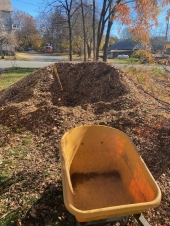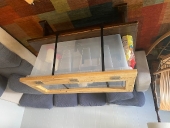As a new(er)
chicken tender, I have spent quite a bit of time experimenting with different types of beddings in search of something that works for my setup. One of the very first that I have tried, and still utilize, have been pine shavings. You generally can get a bag of them at most big-box agricultural stores rather conveniently and at a tolerable price point. I have tried three different styles (Flake, Fine, Extra Fine) and wonder if folks have had similar findings.
For some background notes, I have ten
chickens in an off the ground coop utilizing a deep litter method for their coop. They also have an enclosed run that they are limited to in bad weather that protects them from predation also when nobody is home.
Flake
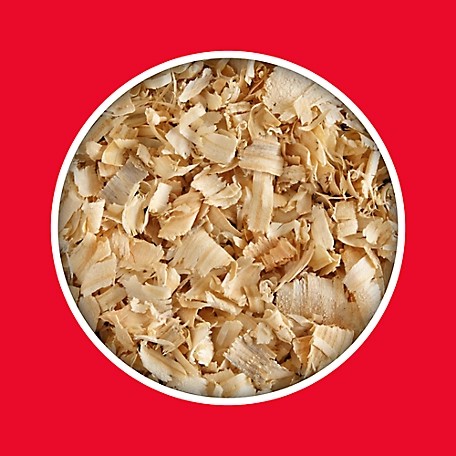
The first ever bedding I have utilized was flake pine shavings. Reported to be roughly 8 cubic feet, when properly 'fluffed' they do create a large amount of volume and are easily spread. I have tried two different brands and found low to no dust but still recommend being cautious especially in enclosed areas. The flake is rather absorbent but if mixed and aerated it dries nicely. Manure blends into it without issue and the breakdown of flake is slow. I have found that utilizing flake in the nesting boxes has been mostly a positive
experience outside of my hens liking to make nests outside of their intentionally made nesting boxes.
My favorite use for flake is to help dry out the
chicken run in the spring thaws or after heavy rain. The chickens spread it readily and it truly turns into some nice
compost with time.
Fine
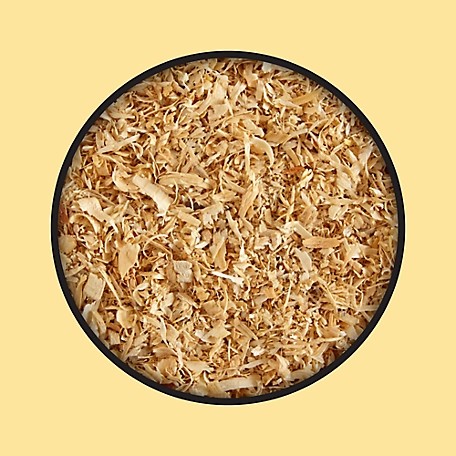
I am kind of on the
fence with fines as I see their potential but have recently been outshined by other bedding types. The bales are reported to fluff out to 5 cubic feet. I have found my bales of fines to be made up of irregular sizes but not necessarily in a bad way. You get some oddball shapes and sizes which creates more surface area of bedding inside the coop but I found when moisture entered the game it was harder to dry out. I tend to 'rake' my bedding and mix it but would get clots of wet pine/manure that I haven't had to deal with before. I do not intentionally purchase fine material but I'd use it if I couldn't get the other two types of pine shavings.
Extra Fine
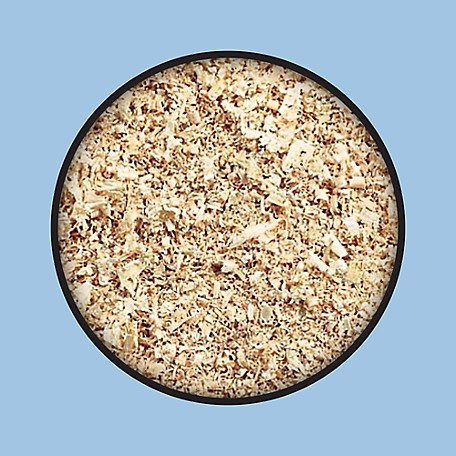
You'd think if I had issues with fine material and moisture, that extra fine would be worse right? I'm actually really pleased with the extra fine! It mixes well, the surface area contact with manure helps dry it out quickly and then can be used to cover spots and wick out excess moisture. The bales are reported to fluff up to 3 cubic feet. For being
extra fine, I didn't notice a lot of dust coming off the product when spreading. I did notice that it smelled aromatically of pine more than the other two shavings types. I use extra fine as a top-off bedding as I build up my deep bedding over winter. With a base layer of flake, the mixture of
carbon material does really well in my experience.
What are your experiences with pine shavings?


 6
6







 4
4
















 5
5




 3
3




 3
3






